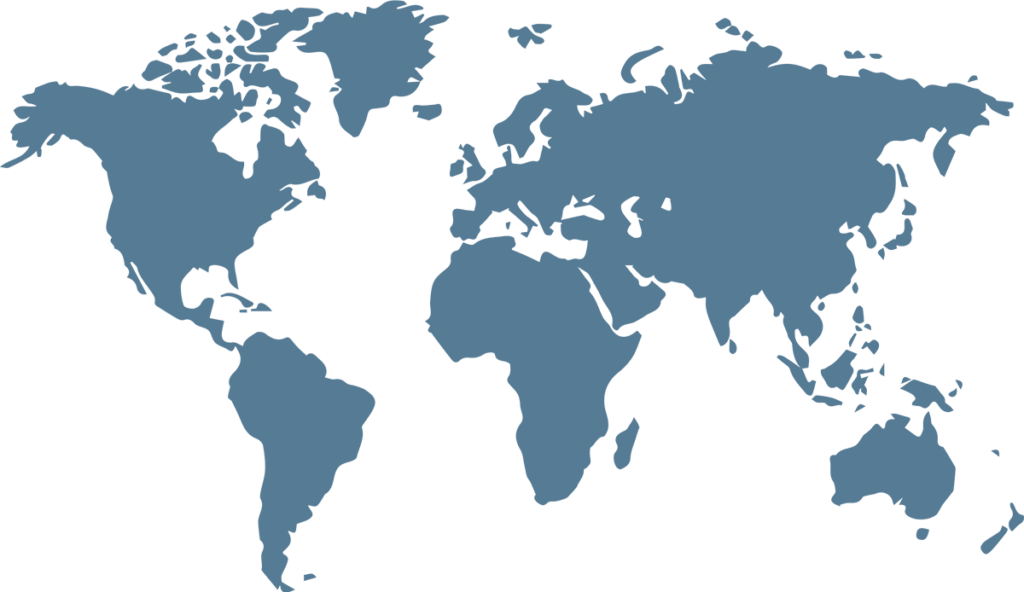By Masline Mavudzi
The Swedish embassy to Zimbabwe and United Nations Development Programme (UNDP) Zimbabwe signed an additional 45million SEK funding towards the Zimbabwe Resilient Building Fund (ZRBF) to allow the timely roll out of the crisis modifier during the El Nino season.
The additional aid by Sweden to ZRBF crisis modifier targets to cushion 226,800 people in 18 districts from the adverse effects of the El Nino and ring fence investments made in building resilience of the vulnerable communities.
Speaking at the signing ceremony today, Swedish ambassador to Zimbabwe Sofia Calltorp said, it was vital to build blocks for long-term adaptive and transformative capacity for the protection of development gains and livelihoods assets.
“In light of the forecasted food insecurity throughout the ZRBF supported rural districts during the lean season due to the anticipated El Nino effects. The Embassy of Sweden allocated additional SEK 45 million to resilience building and to allow ZRBF to reactivate crisis modifier Mechanism to bolster the resilience of beneficiaries, households and communities,” ambassador Calltorp said.
UN resident Coordinator to Zimbabwe Mr Bishow Parajuli expressed gratitude to Sweden for continued generosity towards the work of ZRBF.
“The signing ceremony, signifies Sweden’s proactive response to the joint call by government and the United Nations and shows Sweden’s commitment to support Zimbabwe in addressing not only the negative effects of recurrent emergencies such as El Nino induced dry spells but also the medium to long term social, economic, environmental and democratic development agenda. ZRBF brings humanitarian and development nexus by supporting the protection and sustainability of livelihoods of targeted rural vulnerable beneficiaries with an overall objective of weaning them out from humanitarian assistance over the cycle of the fund,” he said.
Mr Parajuli added: “ZRBF has a built-in innovative mechanism to address emergent and residual vulnerabilities through activating crisis modifier when needed. Zimbabwe like the rest of Southern Africa is bracing for yet another El Nino induced dry spell with 80% likelihood of below to average rainfall according to metrological forecast and nearly 2.4 million people will need assistance by January 2019 according to the latest estimates by the Zimbabwe Vulnerability Assessment Committee.”
Permanent secretary in the Ministry of Lands, Agriculture, Water, Climate and Rural Settlement Mr Ringson Chistiko said the early warning system was an important pillar of resilience building.
“I thank the government of Sweden for providing the resources which will go a long way in building the resilience of our communities and will make strategic investment in safeguarding livelihoods and development gains made by the ZRBF targeted communities,” he said.
The agreement was signed in the presence of representatives from the Ministry of Lands, Agriculture, Water, Climate and Rural Settlement, the EU, UK, the United Nations, ZRBF steering committee and implementing organisations.
The Embassy of Sweden support to the ZRBF is the largest contribution and one of the first agreements signed under the 2017-2021 Swedish Strategy for Development Cooperation in Zimbabwe. In addition to the 18 districts covered by the ZRBF, the Embassy of Sweden also supports resilience initiatives in further four districts in agro-ecological zones of III, IV and V.
The ZRBF is implemented by the Ministry of Lands, Agriculture, Water, Climate and Rural Resettlement supported by the United Nations Development Programme (UNDP) with generous funding and technical support from the European Union (EU),the Embassy of Sweden, and the UK Department for International Development (DFID).

